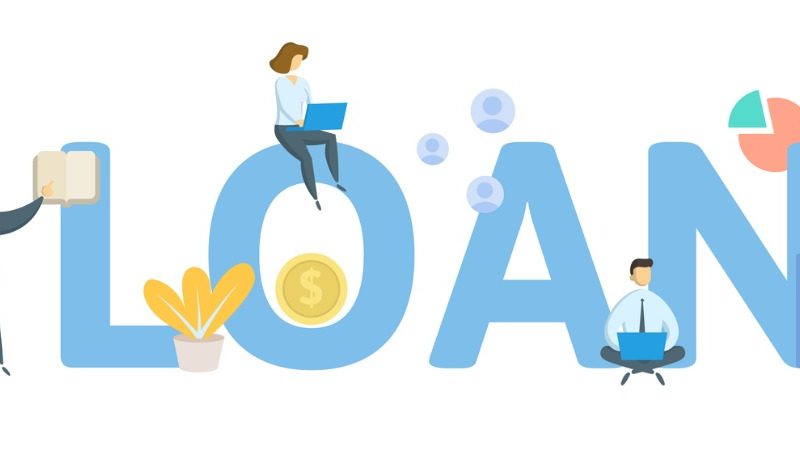Happy wife, happy financial life
CreditSimple.co.nz delves into the attributes of high and low credit scorers, finds marriage means you’re financially responsible.
Financially responsible Kiwis are likely to be married, have two or three kids, are university educated, and probably don’t smoke, according to research from finance business CreditSimple.co.nz released in 2017.
Credit Simple’s research of more than 2.2 million people shows that 60 per cent of those living in areas with a high average credit score are married, but those in areas with lower scores tend to be single. In high scoring areas, only 39.8 per cent of people are not married, compared with 53.2 per cent in areas with credit scores that are typically low.
Credit Simple CEO David Scognamiglio said credit providers use credit scores to predict the likelihood of someone being able to pay their bills and married people are more likely to be able to show they’re credit-worthy compared to their non-married counterparts.
“Banks, utility providers, telcos and other credit providers use credit scores as a way to understand the likelihood of someone paying their bills on time,” Mr Scognamiglio said. “People often think having a good credit history is about how much money you have in the bank or how many houses you own, but it’s not. Credit providers are looking for people who have shown that they pay their bills on time and have a lot of stability in their lives.
“When we looked at the attributes of Kiwis who had high credit scores, marriage stood out as a major factor. It seems there’s a level of stability that comes from married life and that’s reflected in the credit scores of these couples. Credit scores favour those who move less, haven’t defaulted on a bill in the past five years and don’t apply for multiple forms of credit in a short space of time – all of this paints a picture of reliability, and married people are more likely to tick many of these boxes, resulting in higher credit scores.
“Marriage isn’t the only attribute of Kiwis with high credit scores – having two to three children seems to be the magic number for maintaining credit health, but having more than three, or one or no kids, means you’re more likely to have a lower credit score.
“There’s also a link between university education and having a good score. People in high scoring areas are more likely to have education qualifications, and a higher proportion with honours, masters and doctorates. And our data, overlaid with census data, shows that areas with higher credit scores are more likely to have a high proportion of professionals and managers, while lower scoring areas have more laborers, machine operators and drivers.
“Finally, smoking is not only bad for your health, but probably drags down your credit score – we found only 7.5% of those living in high-scoring areas are smokers, compared to 15.5% in low-scoring areas.”
Some factors that may impact your credit score include:
1. Moving a lot
People who change address often are statistically more likely to miss loan repayments. Putting down roots is way of lifting your credit score.
2. Applying for lots of credit
Applications for debt are added to credit files, even if the credit isn’t used. Multiple applications can be a sign of a person in financial distress who is less likely to make repayments.
3. Aliases
They’re not just for spies. Ordinary people may go by several names, such as a maiden name and married name. It’s a warning sign for lenders. Stick to the same name when applying for credit to boost your score.
4. Errors and disputed defaults
Credit files are compiled using information from lenders like banks and phone and power companies. Sometimes the data is incorrect or you may have an old unpaid debt you’ve forgotten about. Get these cleared up and your score will improve in time.
Need debt assistance? Find it here.
Credit Simple
Credit Simple gives all Kiwis free access to their credit score, as well as their detailed credit report. See how your credit score compares by age, gender and community and gain valuable insights into what it all means.
All stories by: Credit Simple


